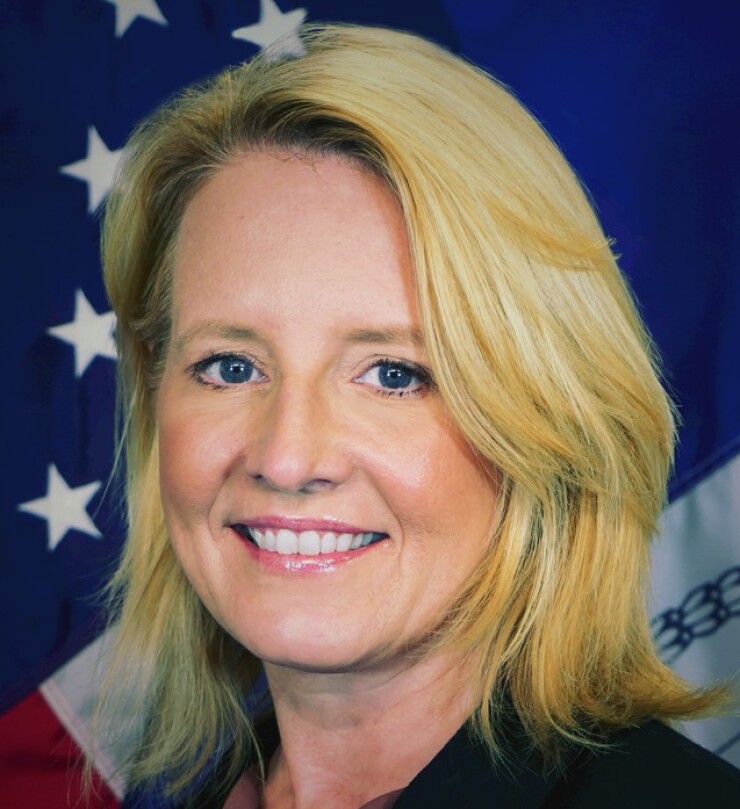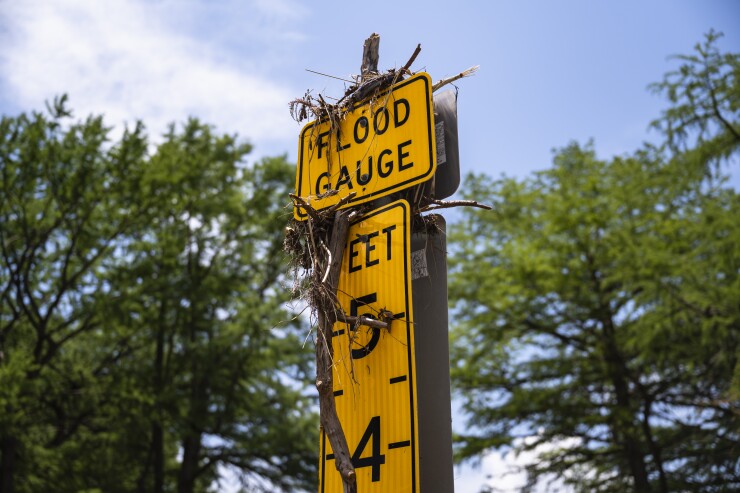The deadly July 4 flood of the Guadalupe River in Kerr County, Texas, northwest of San Antonio, left a murky picture of which warning mechanisms may have failed – local, state or federal.

Texas state senator Roland Gutierrez, on July 10, in a press conference organized by Defend America Action, unequivocally blamed the Trump Administration and its cuts to the National Weather Service for the scope and scale of the destruction and loss of life. Gutierrez also criticized the state of Texas for holding on to a budget surplus that could have been spent on mitigation methods that had been requested by residents.
"We have an administration today at the federal level that has decided to be very reckless with the government. And when you are reckless with the government, you are going to get reckless outcomes," Gutierrez said. He mentioned DOGE cuts of 600 National Weather Service (NWS) employees, especially four key employees in the affected region, including Austin/San Antonio warning coordinator Paul Yura, who DOGE pushed to an early retirement.
Gutierrez said installation of water gauges and sirens in the "flood plain alley" would have cost Texas "nothing" and "budget dust," compared to its
The

Speaking in the same press conference with Gutierrez, Deanne Criswell, the former head of FEMA under President Biden, said Texas is very capable at emergency management and had necessary resources but still needed additional help, from the state and from FEMA.
"If a state like Texas, given all the resources they have, still required additional help, what does that say for other small jurisdictions or other smaller states, if FEMA goes away?" she asked. "Every state has different levels of capacity, different levels of needs, and if you don't have that federal resource that you can count on, you're going to lose lives."
Cutting BRIC ended climate change resilience projects, especially those for smaller or less populous areas, that would mitigate the damage of disasters such as the recent Texas floods, according to Criswell. Cuts to FEMA will hamper recovery from climate disasters, she added.
"The biggest impact to states is going to be slower recovery, if they recover at all, and then they're going to lose an opportunity to even rebuild in a way that makes them stronger, to reduce the impacts," she said.
Criswell emphasized that emergency management is "locally executed, state managed and federally supported. We shouldn't be asking state and local emergency managers to do this on their own. We shouldn't be asking states to replicate the capability that the federal government can bring. FEMA needs to be there to help state and local jurisdictions when these crises happen. Because of climate change, we're going to continue to see these types of weather events impact communities, overtake their capability, and cause harm to those that are in the weather patterns' way."
Gutierrez added, "We have got to come back to our senses as a nation and say, time out here. Right now, the National Weather Service is hiring back 125 people. We need them for sure. It's my hope that this president looks back at the DOGE cuts that he's done, and begins to start doing things that make sense."






